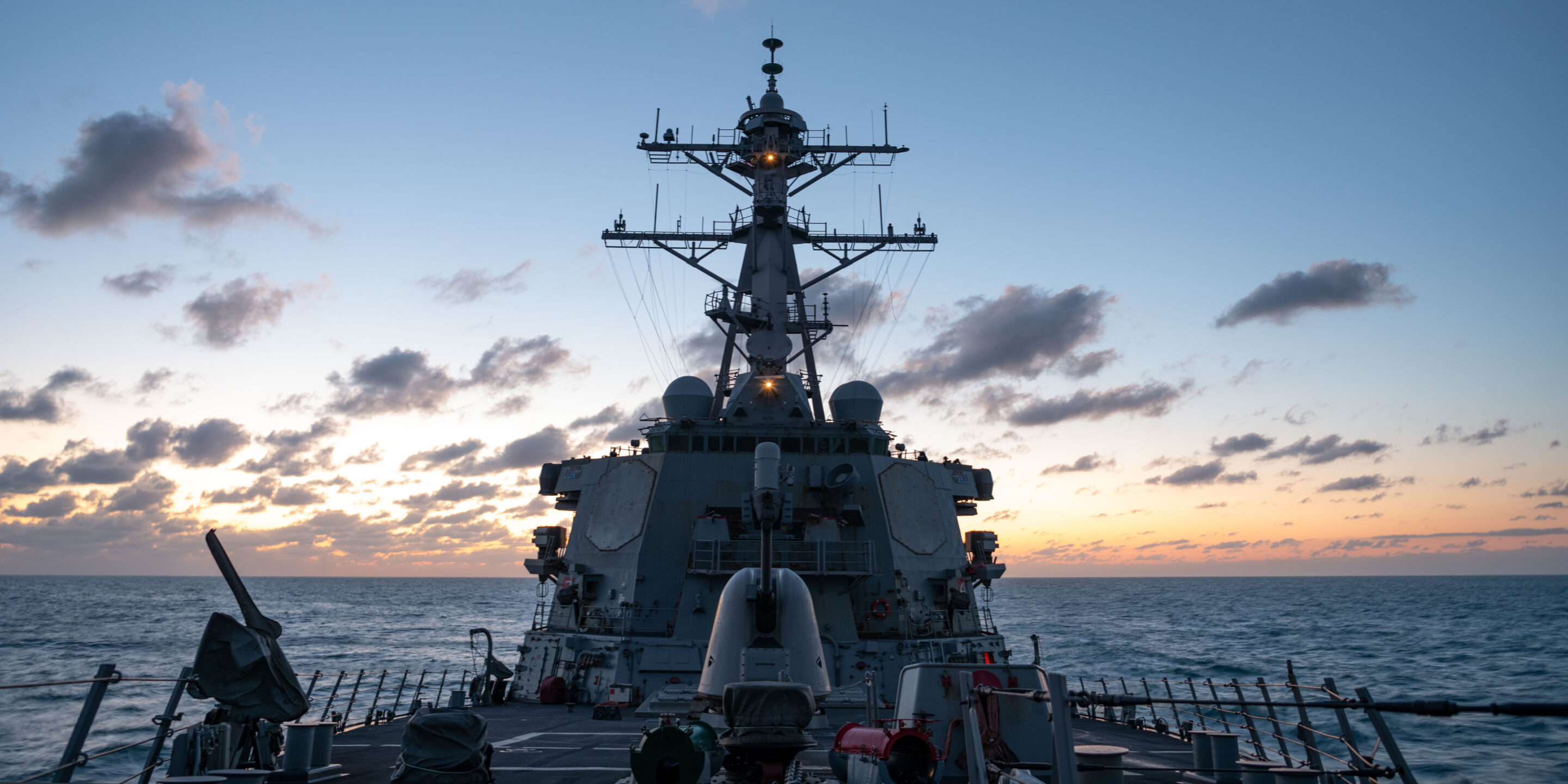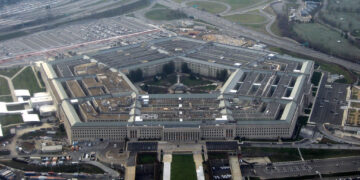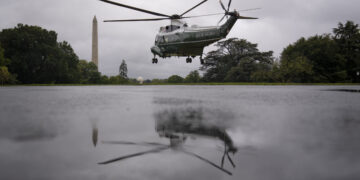February 12, 2025
Inside the Trump Administration’s Taiwan Debate

At a time when Republicans and Democrats can’t even stomach sharing a meal without devolving into arguments about budgets, spending, or Elon Musk, there is at least one issue bringing the two sides together—Taiwan. If the self-governed democratic island was a country, it would be perhaps the U.S. foreign policy community’s favorite.
Ask U.S. lawmakers why this is the case and you’re likely to get several familiar answers. Taiwan has demonstrated enormous success over decades to become one of Asia’s leading democracies. Others point to the island’s technological sophistication—Taiwan makes about 90 percent of the world’s most advanced computer chips, which powers everything from washing machines to military platforms. And others will inevitably mention China, the big, bad wolf whose president, Xi Jinping, is so interested in acquiring Taiwan that he has tasked the People’s Liberation Army (PLA) with attaining the capabilities to do so by 2027.
Beijing’s policy toward the island is long-standing—it’s an inalienable part of China. U.S. policy, however, is ambiguous—and deliberately so. Based on the Taiwan Relations Act, the three U.S.-China communiqués, and the so-called Six Assurances, successive U.S. administrations have agreed to a set of principles that have maintained stability in the tense region for decades—the U.S. will not support Taiwanese independence; opposes unilateral changes to the status-quo; and will provide the Taiwanese with the means to defend themselves. The U.S. isn’t shy about that last point; between 2020 and 2022, Taiwan was the largest purchaser of U.S. defense equipment.
The first Trump administration sold more than $18 billion in arms to Taiwan, ranging from Harpoon missiles to fighter aircraft. Whether Taipei will be as lucky during Trump’s second term is an open question. While the fundamentals of Washington’s policy are unlikely to change, there will be heated debates within the administration about the extent of U.S. military support to Taiwan, and if the worse-case scenario unfolds, whether the U.S. military should go to war with China to save it.
Author

Daniel
DePetris
Fellow
More on Asia

Featuring Benjamin Friedman
February 11, 2025

February 6, 2025

By Peter Harris
January 22, 2025




